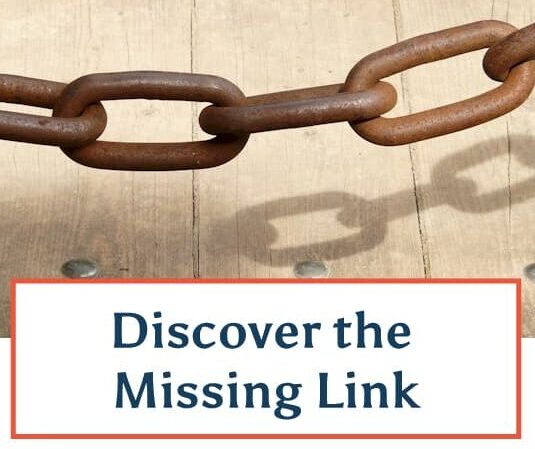If you’re new the world of search engine optimization (SEO), you may ask, “Is there really a difference between ethical SEO and unethical SEO?”
Since the beginning of SEO we’ve divided SEO techniques into two camps: White Hat SEO (the good techniques) and Black Hat SEO (the bad techniques). Remember in old Western movies, the sheriff always wore a white hat and the bad guys always wore black hats? You get the picture.
White hat techniques are those that don’t try to trick the search engines (or the visitors) into believing your website is about a specific topic when it’s not.
While no one is 100% certain of the exact algorithms that search engines like Google use to rank your site, we’ve been able to do a fairly thorough dissection of search engine ranking results and have an educated guess about which techniques do work and which techniques don’t work. Along the way, that dissection has lead some people to figure out that they can trick the search engines into giving higher SEO rankings to sites that don’t deserve them.
Search engines are fighting back by testing for those Black Hat unethical SEO techniques and either reducing the site’s ranking or removing them from the search engine database completely. Think about it: Google has millions of dollars and millions of technicians to throw at this problem. You will be caught if you don’t follow the rules.
Google makes it clear in their article on ethcial SEO what is acceptable and what is not. For example, they say:
- No one can guarantee a #1 ranking on Google.
- Be wary of SEO firms and web consultants or agencies that send you email out of the blue.
- Be careful if a company is secretive or won’t clearly explain what they intend to do.
I might add for #3: “…and they explain things to you in a clear, easy-to-understand, non-technical way so that you have a good chance of actually understanding their techno talk.”
Good, ethical SEO works through a proven path of techniques to assist you in getting higher search rankings for your site. And good, ethical SEO will also tell you when a search phrase/keyword is too competitive and you don’t stand a chance of a listing on page 1 of the search results. When we do SEO work for our clients, we tell them that there’s no use in wasting time and money going after a keyword that you can’t win with.
Bruce Clay says that ethical SEO should always include the motto “do no harm.” When you hire someone to do SEO work for you, they should be looking out for YOUR best interests. Shoddy practices that get your site banned from the search engines reduces your chance of a successful internet marketing campaign.
In addition to Black Hat techniques, there are some “gray” areas that you should be aware of. SEO is a series of techniques that looks something like this:
- Keyword gathering
- Keyword selection
- Adding keywords to website page text
- Adding keywords to website page headings
- Adding keywords to behind-the-scenes coding
- Garnering incoming links from a variety of legitimate sources
- Creating an ongoing strategy for continued SEO success
I’ve seen some people offer to do steps 1 and 3 and call it “SEO”. While doing these two steps won’t harm you or your website, they’re not going to help very much either. It’s like saying, “I’ll put shampoo in your hair, but I won’t rinse it, cut it, or blow dry it.” What’s the point?
Another gray area is choosing unpopular and off-topic keywords to go after, then saying, “Gee, look, we’ve gotten you a #1 ranking for the phrase Clown Publishing!”
When you’re looking to hire an ethical SEO consultant, make sure that they are willing to step you through their process, that they explain WHY they choose the keywords they choose, and why the discarded ones that you thought were really important. Tell them clearly that they must follow all published search engine guidelines from Google, Yahoo and MSN. And if something doesn’t “feel right” to you, you have to bring it up to them immediately.
Here are the guidelines that are published:
Our commitment to you: we ONLY use ethical SEO techniques and we communicate with you every step of the way.

 I’m in NSA Magazine This Month
I’m in NSA Magazine This Month

I think a lot of folks have gotten it into their heads that SEO is hard. SEO isn’t hard, it’s just hard work.
In essence your website should be structured so search engines can index it and the content should be optimised in line with what people are searching for. Sprinkle on some links to your site to give it authority and that’s it.
d
I don’t get it, what do you mean by the 3rd paragraph?
You can read more about “white hat SEO” here:
http://en.wikipedia.org/wiki/White_hat